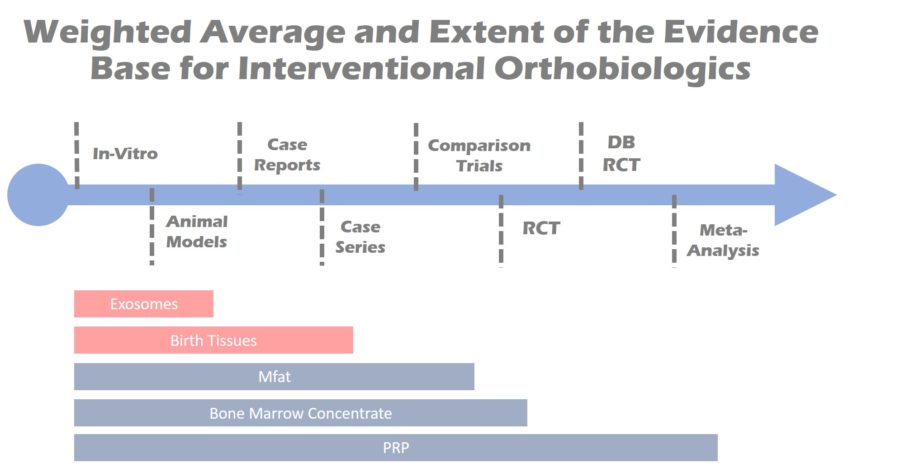Does exosome therapy work? How does it work? Does it have side effects? Let’s dive into an exosome therapy review.
Are Exosomes Stem Cells?
The first critical question in an exosome therapy review is what are exosomes? Are exosomes stem cells? In short, no. Exosomes are small packets of information released by all cells in the body. Stem cells are one of those cells that excrete exosomes, which serve as the vehicles by which all cells communicate with one other. Stem cells are cells that can turn into other needed cells and orchestrate a repair response. See my video below for more information:
How Do Exosomes Work?
These little packets are excreted by a cell with specific messages on board and they then fuse with another cell and dump their payload. That payload is highly specific to what’s going on around the cells and could be anything from a certain chemical to genetic instructions on how to make a specific protein.
These exosome messages are highly specific, which is one of the problems with exosome therapy as it’s practiced today and an issue that can’t be easily ignored in an exosome therapy review. Meaning that in the body, the payloads are primed to do specific things, but in an exosome product, that doesn’t happen. Random exosome messages are bottled and sold. Let’s dig deeper.
Many exosome products are derived from amniotic fluid or from birth tissue stem cells that are grown in culture. If we take those random messages and expect them to tell other cells to repair the cartilage in an arthritic knee, will that happen? Nobody knows at this point. In fact, these messages wouldn’t even be normally associated with cartilage repair.
Does Exosome Therapy Work?
The biggest question in an exosome therapy review is whether the products being used by clinics right now actually work. The short answer is that we have no idea. I’ve included a graph above with bars that stretch from left to right. The more the bar is to the right, the more we know about that therapy (i.e. more research evidence exists). The more the bar is to the left, the less we know. Right now, of all of the regenerative medicine therapies being offered, we know the least about exosomes. Meaning, all we have are the results of experiments performed in a Petri dish or on animals and nothing yet on whether exosomes help any human condition.
How does that evidence compare to other things that are used for other common regenerative treatments? Not great. Meaning that platelet-rich plasma (PRP) has high levels of evidence that it works, which is represented by that bar being more to the right. Then we have bone marrow concentrate (a same-day bone marrow stem cell procedure) which has less evidence, but still pretty good. The levels of evidence for each therapy drop off from there and the one with the least evidence is exosomes.
What are the Side Effects of Exosome Therapy?
A critical part of any exosome therapy review is whether these products could be dangerous or have side effects. Again, we don’t really know at this point. Why? We don’t have any human safety studies that have been published. We do have a recent FDA Warning about several cases with complications in Nebraska who were treated with commercially available exosome products.
What are Exosomes Used For?
Exosomes are a new therapy and they seem to be used to treat almost everything right now. We’ve seen ads for orthopedic and neurologic diseases, anti-aging, sexual problems, and just about everything else. Do we have any evidence that exosomes work for these conditions? No, not at this time.
The upshot? An exosome therapy review that focuses on the published research shows that we don’t have evidence that exosome therapy actually works or is safe. We do have a recent public FDA Warning on these products. Hence, it’s buyer beware right now on exosome therapies.
